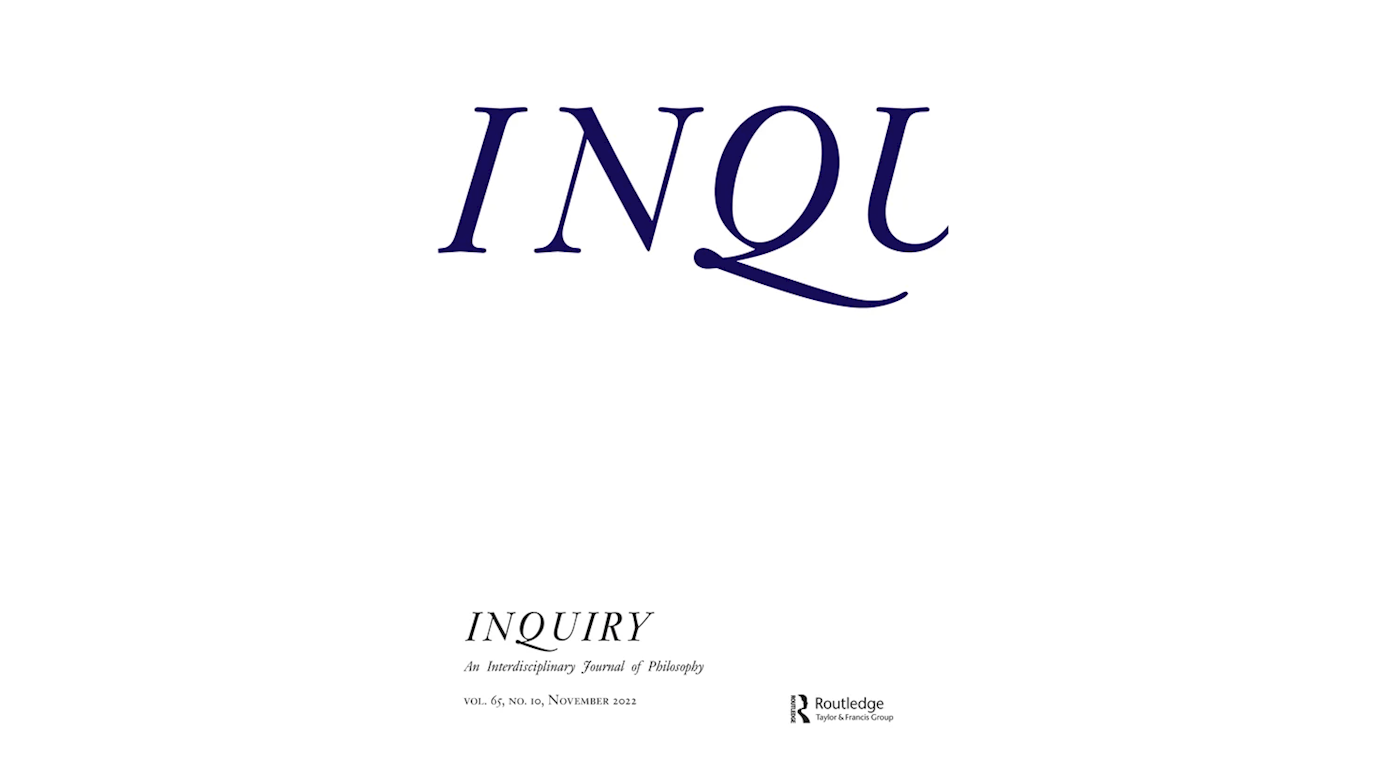The article, titled "‘From Time Into Eternity’: Schelling on Intellectual Intuition", traces the shifts in Schelling’s doctrine of intellectual intuition from the 1790s to the 1830s, drawing out its evolving methodological role within his science of intelligibility.

Abstract:
Schelling's doctrine of intellectual intuition raises two important questions for interpreters. First, given that his doctrine undergoes several changes before and after his identity philosophy, to what extent can he be said to “hold onto” the same “sense” of it by the 1830s, as he claims? Second, given that his doctrine of intellectual intuition restricts absolute idealism to what he calls a “science of reason”, which he says cannot prove the absolute’s existence, what other doctrine does he require in order to prove this? I will answer these questions by tracing the shifts in Schelling’s doctrine of intellectual intuition from the 1790s to the 1830s and drawing out its evolving methodological role within his science of intelligibility.
You can read the full article here.
























